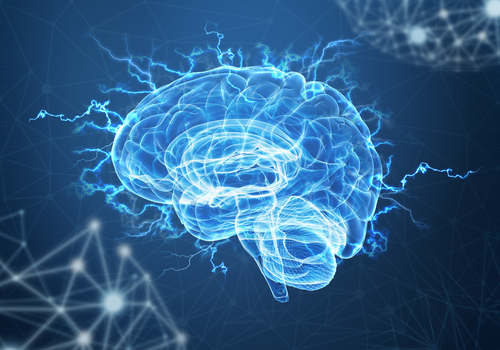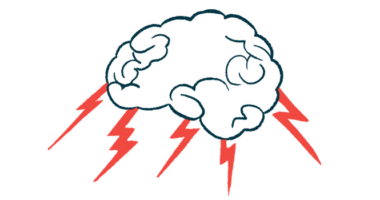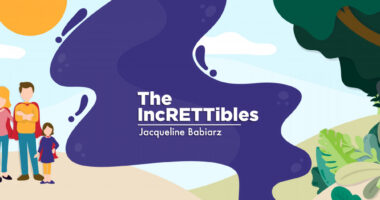Parents of Rett Patients View Deep Brain Stimulation as Viable Option

Parents of adolescents with Rett syndrome and other neurological or psychiatric conditions are open to treatment with deep brain stimulation (DBS) to control disease symptoms, a survey shows.
The findings of “Parental Attitudes Toward Deep Brain Stimulation in Adolescents with Treatment-Resistant Conditions” were published in the Journal of Child and Adolescent Psychopharmacology.
DBS involves a surgery to implant fine wires in the brain to stimulate key regions with electrical impulses. It has shown efficacy and is increasingly used to treat multiple neurological disorders in adults, such as Parkinson’s disease.
The surgery is also offered to children (7 and older in the United States) with hard-to-control dystonia — abnormal, uncontrolled movements and postures such as repetitive or twisting movements. Most Rett syndrome patients develop dystonia, suggesting that they could also benefit from DBS.
However, as this is an invasive procedure, parents may not find its use acceptable in their children. In some cases, children’s symptoms may resolve without needing DBS, but the lack of data on the procedure’s safety and effectiveness in young patients remains as an additional limitation.
Researchers in the U.S. assessed perceptions of DBS among parents, and whether they consider it a viable and safe treatment for adolescents with one of five neurological or psychiatric conditions: Rett syndrome, autism spectrum disorder, epilepsy, obsessive-compulsive disorder (OCD), or Tourette syndrome.
A total of 279 parents (mean age 35.5) completed an online survey with two sections. In section one, they answered basic demographic questions, such as number, age, and gender of their children. Using a 6-point scale (from 0 extremely uncomfortable to 6 extremely comfortable), they ranked their levels of comfort with six treatments other than DBS for neurological and psychiatric symptoms, such as antidepressants and psychotherapy. Then they ranked their knowledge and familiarity with DBS using a 3-point scale.
In section two, participants were asked to imagine five scenarios — adolescents with severe, treatment-resistant forms of the five neurological conditions — and to evaluate whether DBS would be acceptable if such patients were their children. For this purpose, they used a 0-10 scale, ranging from 0 indicating totally unacceptable to 10 indicating totally acceptable.
Results indicated that parents had favorable views regarding the use of DBS in treating all five disorders. This was especially true whenever greater clinical benefit was assured, and when the child could assist in treatment decision-making.
Yet, when DBS posed possible safety issues, the parents showed more reluctance in its use. Those who already knew about the procedure were significantly more accepting of it in all disorders, except Tourette syndrome.
“The findings indicate overall high levels of parental willingness to consider DBS as a treatment option for key symptoms of Rett syndrome, autism spectrum disorder, epilepsy, Tourette syndrome, and OCD in adolescents,” the researchers stated.
Because parents familiar with the procedure are more likely to consider it as an option for their children, “efforts should be made to increase awareness of DBS for those conditions for which it is considered safe and effective,” the team added.






